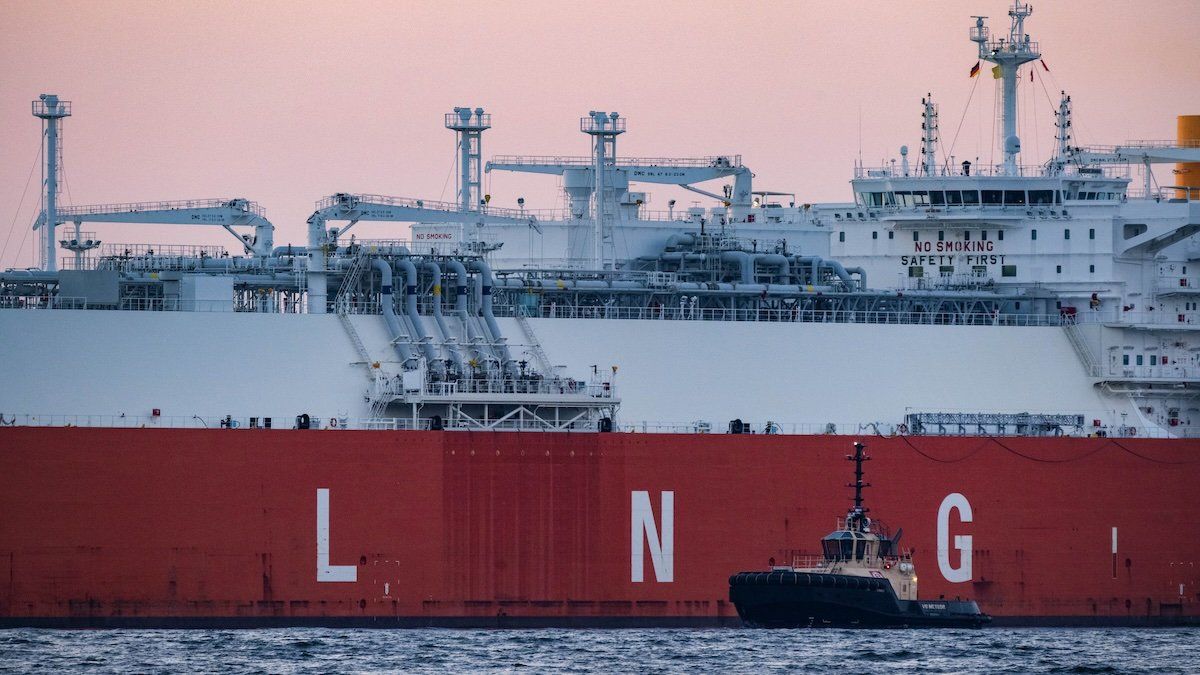Danke, but no danke. The German government has reportedly ordered its ports to reject all cargoes of liquefied natural gas, aka LNG, coming from Russia, according to the Financial Times.
The move completes a striking turnaround for Germany, which for decades was the world’s largest importer of Russian gas. But since Vladimir Putin ordered the full-scale invasion of Ukraine in 2022, piped gas shipments have been cut by both sides. Germany now imports zero gas directly from Russia.
The US angle: Geopolitical considerations are afoot. While other countries in Europe still import small amounts of Russian LNG under long-term contracts, the EU broadly is looking to import more of the stuff from the growing American market.
European Commission President Ursula von der Leyenraised this issue with Trump during her post-election phone call to him last week. The EU is likely hoping that increased purchases of American LNG could mollify Trump’s pledge to impose blanket tariffs of up to 20% on all US imports.
